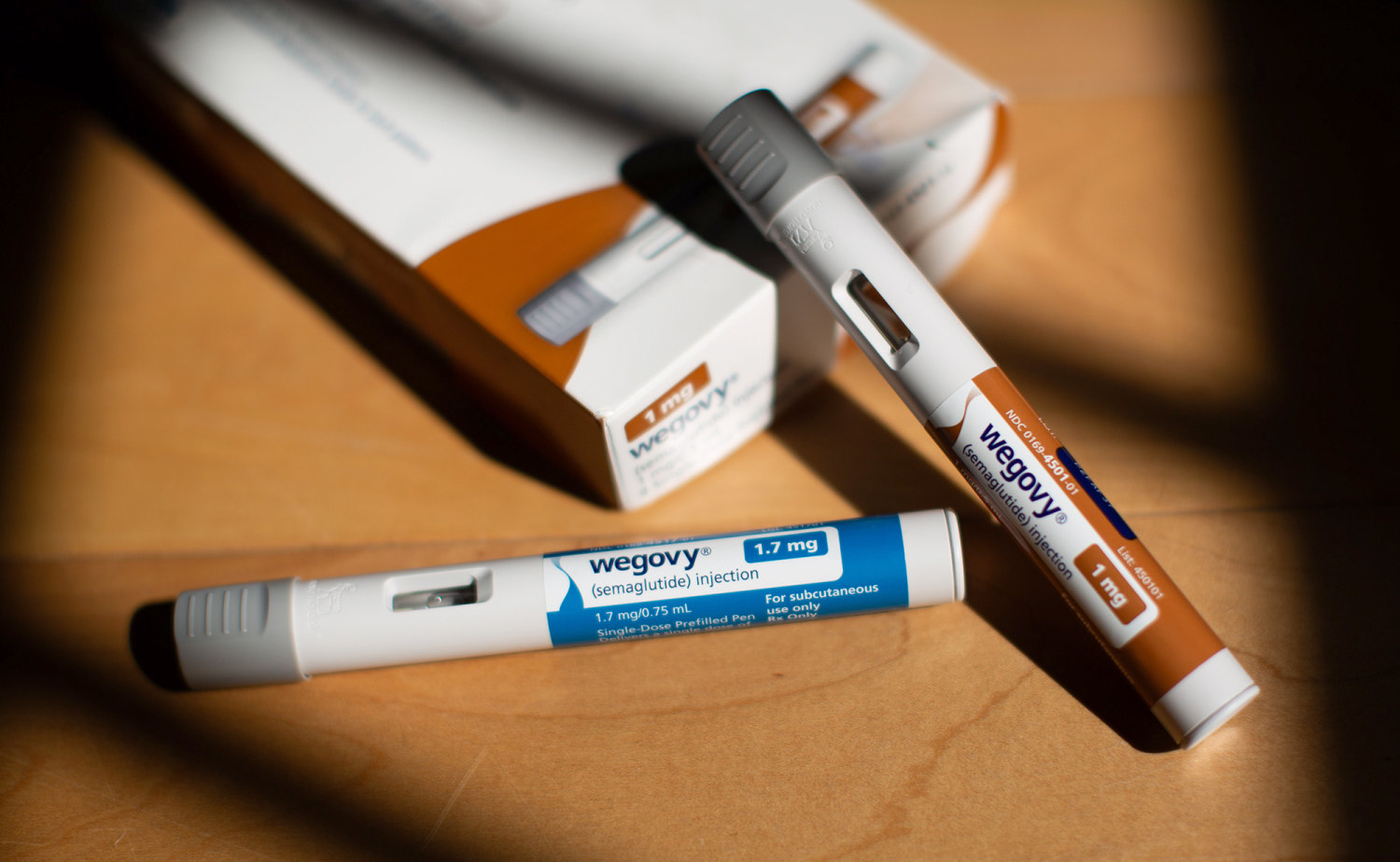Recent studies propose that initiating metformin treatment shortly after contracting COVID-19 might reduce the risk of experiencing long COVID, providing a possible preventive strategy for vulnerable individuals. This finding may pave the way for early intervention, with the goal of minimizing lasting symptoms that impact millions globally.
Long COVID, noted for ongoing tiredness, mental haze, difficulty breathing, and other lasting symptoms, has emerged as a significant public health issue. Although vaccines and antiviral therapies have aided in decreasing serious illness and hospital stays, they do not reliably avert complications after the virus. Metformin, a recognized drug typically given for type 2 diabetes, has recently been spotlighted for its anti-inflammatory and antiviral qualities, leading scientists to investigate its potential role in addressing long COVID.
How metformin may help prevent long COVID
Metformin is traditionally used to regulate blood sugar levels, improve insulin sensitivity, and support metabolic health. However, recent studies indicate that it also has broader effects, including reducing systemic inflammation and modulating immune responses. Since chronic inflammation and immune dysregulation are believed to play a role in long COVID, metformin’s mechanisms make it a promising candidate for early intervention.
In studies, individuals who started metformin therapy within three months post-COVID-19 diagnosis showed fewer lasting symptoms compared to those who were not treated with the drug. Scientists believe that metformin might hinder virus replication, decrease inflammation signals, and enhance cell strength, thereby lowering the likelihood of enduring issues. The time of starting the treatment seems crucial, with prompt commencement providing the most significant advantage.
Although metformin is typically regarded as safe, it is crucial to have medical oversight, especially for people with kidney or liver issues, or for those who are on other medications that might interact with it. Healthcare professionals can assess patient history, risk factors, and present health condition to decide if using metformin at an early stage is suitable.
Implications for public health and treatment strategies
If further research confirms these findings, metformin could become part of a broader strategy to prevent long COVID, alongside vaccination, antivirals, and supportive care. Public health authorities may consider recommending early pharmacological intervention for high-risk populations, including older adults, immunocompromised individuals, and those with preexisting metabolic conditions.
Reducing the incidence of long COVID has far-reaching implications. Individuals affected by prolonged symptoms often experience diminished quality of life, difficulty returning to work, and challenges in performing everyday activities. Preventing these outcomes through early intervention could lessen the burden on healthcare systems and improve productivity and well-being on a population level.
Furthermore, the study highlights the critical role of timing in treatments following infections. Medications that adjust immune response or reduce inflammation appear to be more beneficial when given promptly, prior to the onset of lasting complications. This knowledge might guide the creation of new therapies for post-viral issues and other persistent conditions caused by infections.
Wider advantages and future research paths
Beyond long COVID prevention, metformin’s anti-inflammatory and metabolic benefits may have additional advantages for patients recovering from COVID-19. Studies suggest that it could support cardiovascular health, improve energy metabolism, and mitigate oxidative stress, all of which are relevant for individuals recovering from viral infections. These potential secondary benefits highlight metformin’s role as a multi-faceted therapeutic agent.
Researchers are now exploring optimal dosing regimens, treatment duration, and patient selection criteria to maximize the protective effects of metformin against long COVID. Ongoing studies aim to determine whether combining metformin with other interventions—such as antivirals, immune modulators, or lifestyle strategies—can enhance outcomes. Understanding the underlying biological mechanisms will also be crucial, as it could lead to the identification of biomarkers that predict which patients are most likely to benefit from early treatment.
Public engagement and awareness will be key to translating these findings into practice. Patients should be informed about the potential role of metformin in preventing long COVID, while also understanding that it is not a replacement for vaccines or other established preventive measures. Healthcare providers will play a critical role in guiding safe and effective use, monitoring for side effects, and integrating metformin into comprehensive post-COVID care plans.
Challenges and considerations
A pesar de los resultados alentadores, persisten varios desafíos. El Long COVID es un trastorno complejo que afecta múltiples sistemas, y no todos los pacientes reaccionan de la misma manera a las intervenciones. Factores genéticos, condiciones de salud preexistentes, y la gravedad de la infección inicial pueden influir en los resultados, lo que exige enfoques de tratamiento personalizados. Además, la seguridad y eficacia a largo plazo del uso temprano de metformin en poblaciones no diabéticas requieren una evaluación cuidadosa para asegurar un equilibrio entre riesgos y beneficios.
Equity is another important consideration. Access to medications, healthcare guidance, and early intervention strategies must be inclusive to reach populations disproportionately affected by COVID-19 and long-term complications. Public health strategies should address these disparities, ensuring that preventive measures like metformin reach those who could benefit the most.
Constant cooperation among scientists, healthcare professionals, and decision-makers is crucial for crafting evidence-based guidelines for employing metformin in the prevention of long COVID. This teamwork can also guide upcoming research on other conditions following viral infections, establishing a foundation for proactive treatment approaches that reduce ongoing complications after illnesses.
Possibilities of metformin for a beneficial routine
The capability of metformin to lower the risk of long COVID signifies a major advancement in healthcare related to the pandemic. Administering an established and commonly accessible medication from the onset promises to lessen the physical, emotional, and financial impacts of enduring symptoms following COVID.
As ongoing research progresses, health professionals, patients, and public health organizations must collaborate to incorporate new findings into practical plans. Through diligent observation, patient awareness, and fair access to resources, early administration of metformin may play a significant role in averting persistent complications from COVID-19. In the end, this strategy represents a larger movement toward proactive and evidence-driven healthcare, which aims not only to treat immediate health issues but also to prevent long-term effects, thus enhancing results for both individuals and communities.







